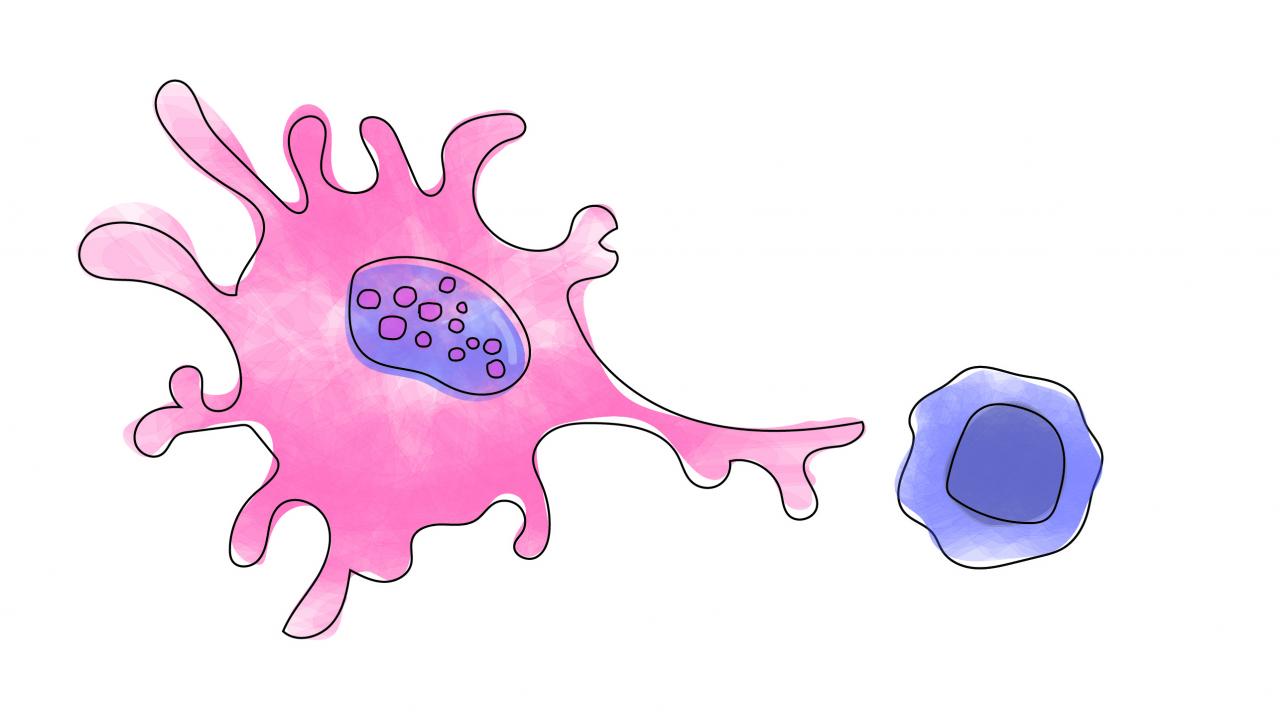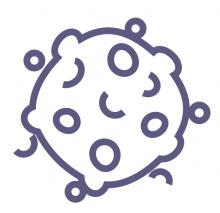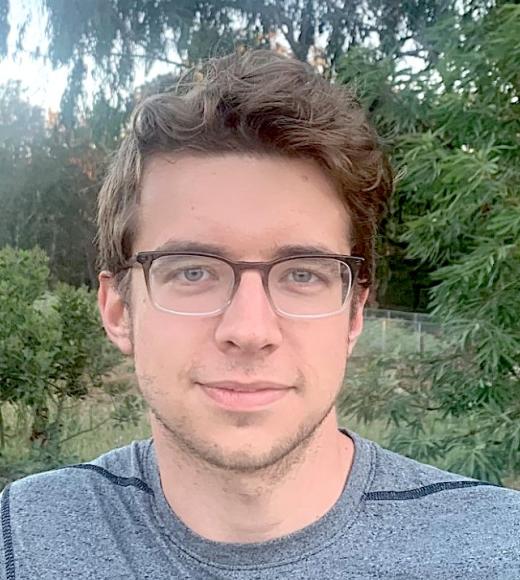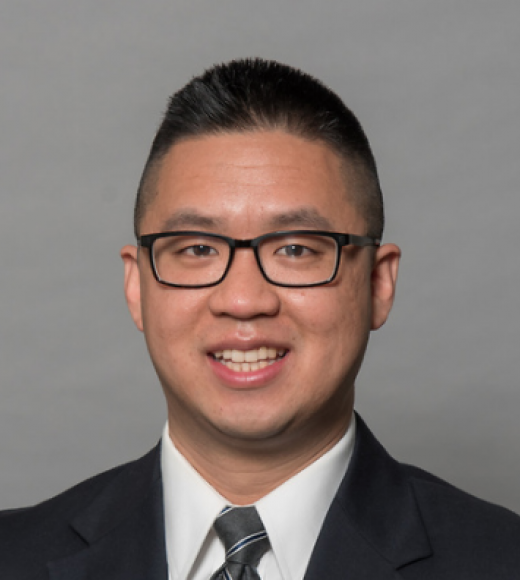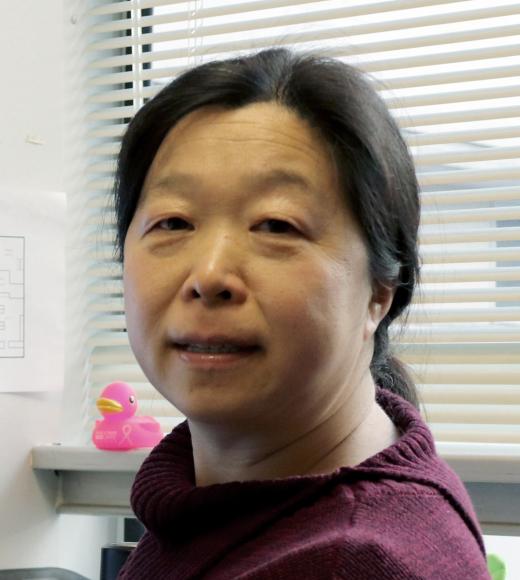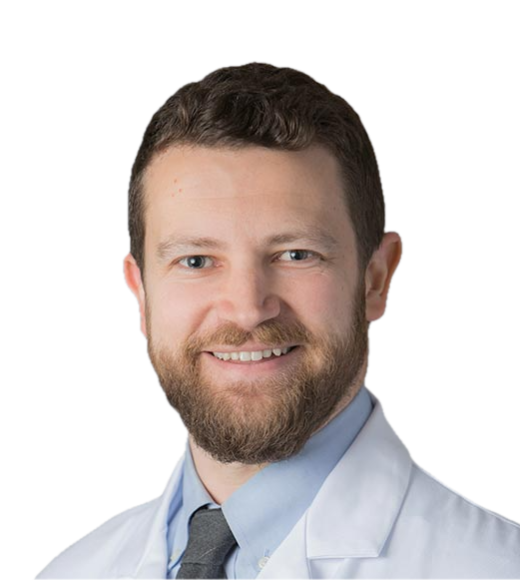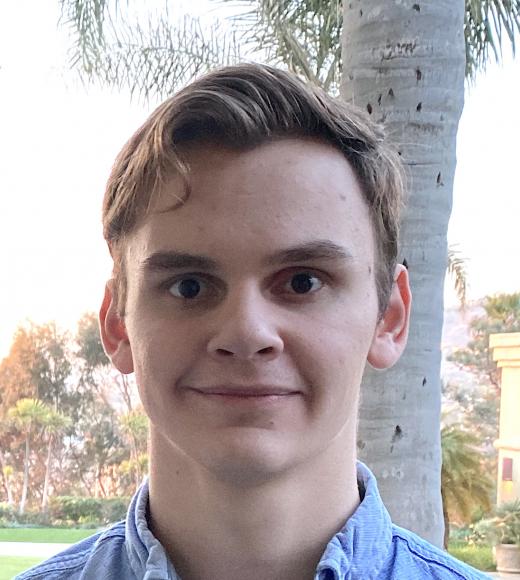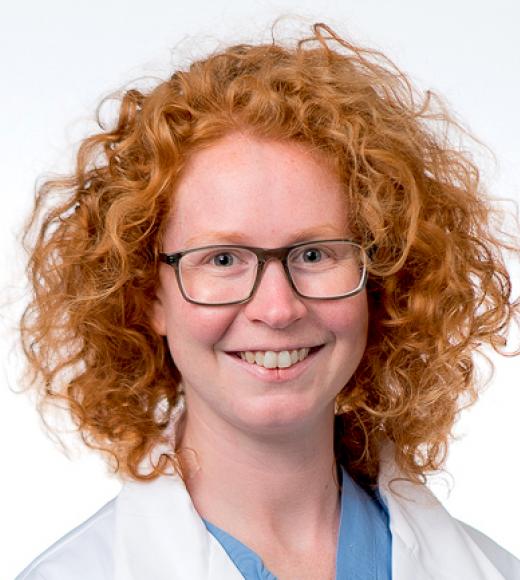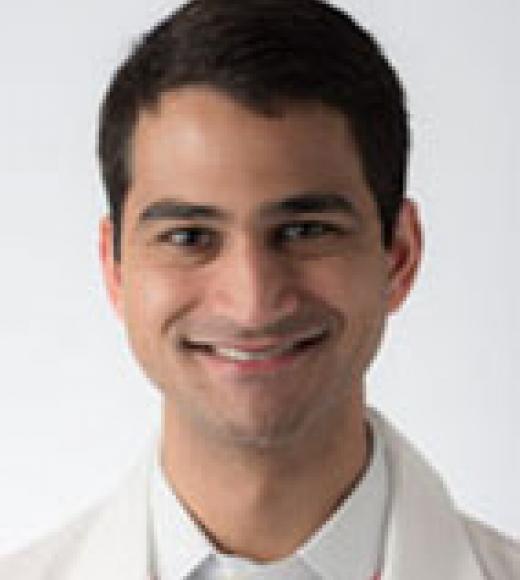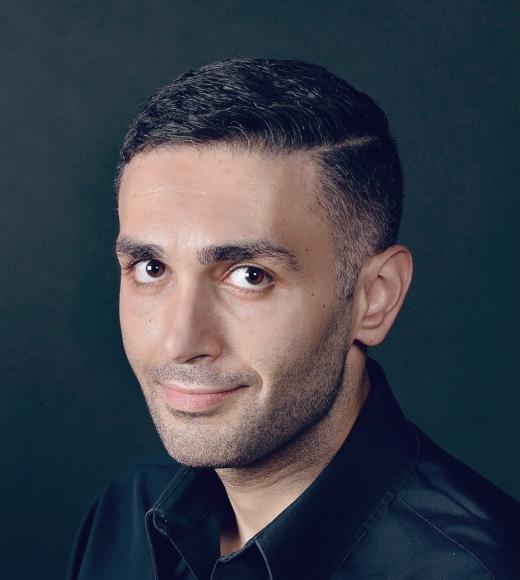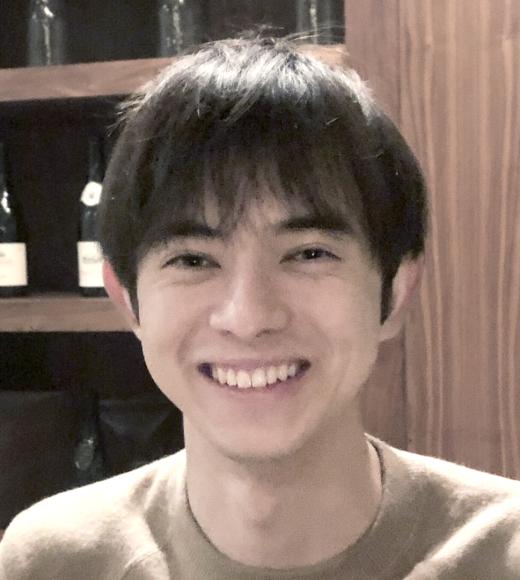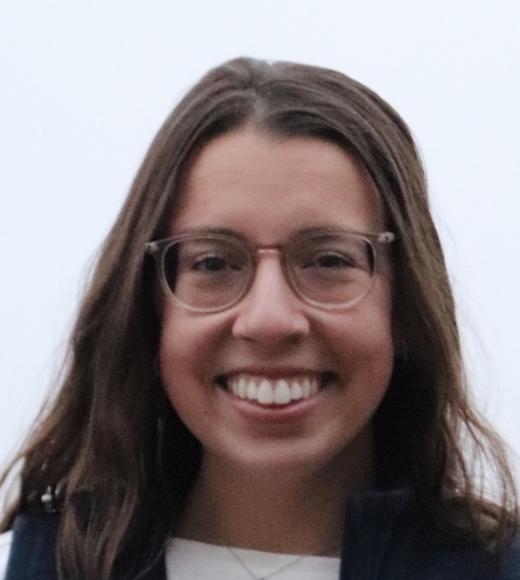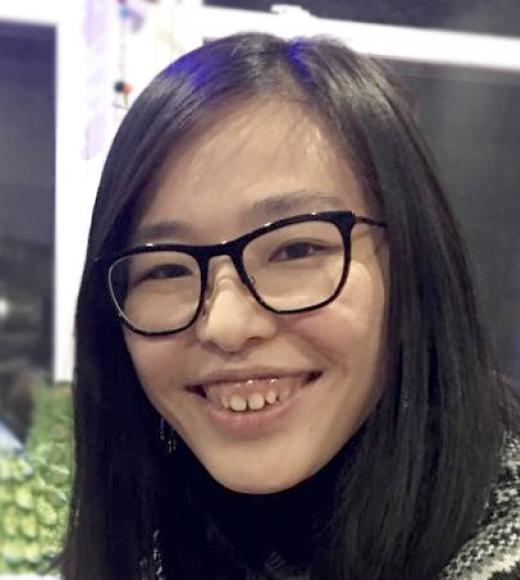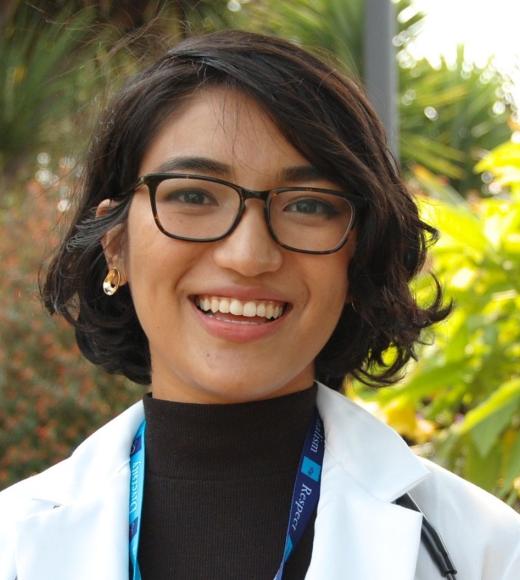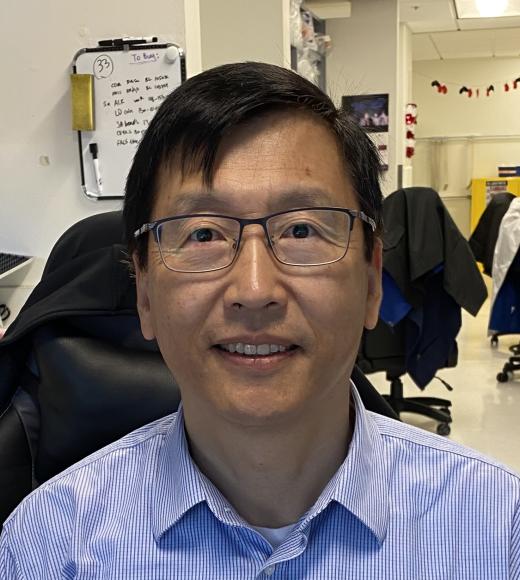Research
The immune system is a powerful tool to prevent infection and cancer, maintain tissue homeostasis, and regulate a wide range of physiologic processes. But this system must be carefully regulated to tolerate and support healthy tissues while fighting off and clearing invading pathogens and malignancy. Dysregulation of these systems leads to autoimmune diseases like Type I Diabetes, and these same systems are the barriers that can prevent organ transplants from being accepted without rejection. Conversely, the regulatory components of these systems are often co-opted by cancers to prevent detection and allow their growth and spread.
The core interest of our lab is understanding the fundamental wiring of self-education used by the immune system to learn to distinguish self from non-self, and how that process malfunctions in a range of disease states. We believe defining these basic mechanisms may lead to significant advances across an array of clinical applications from autoimmunity, to maternal-fetal tolerance, cancer, and transplantation.

